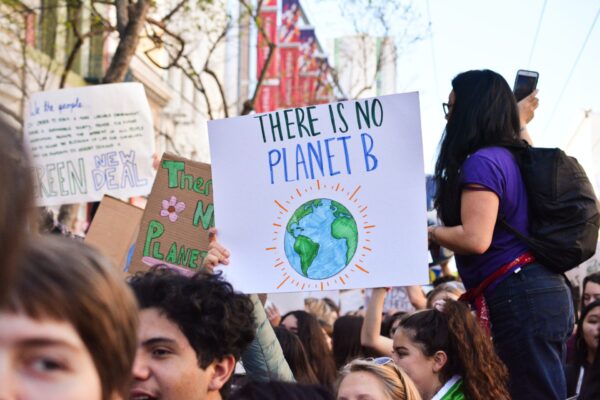The study says that Somalia, Ethiopia and Afghanistan top the list of countries most at risk of deteriorating humanitarian crises
RH Correspondent
December 15
The agency, based in New York and headed by former UK politician David Miliband, has pointed out that the number of people in humanitarian need has skyrocketed in the last decade, approaching 339.2 million versus the 81 million seen in 2014.
With over a third of a billion people in humanitarian need around the world and 100 million people displaced, IRC expert analysis clearly shows that the guardrails designed to prevent humanitarian crises from spiraling out of control – from diplomatic agreements and law-of-war tribunals to climate early warning systems and humanitarian aid itself – are being dismantled. Beyond the individual crises to watch, the report dives deep into the three major accelerators of humanitarian crises – armed conflict, climate change, and economic turmoil – and highlights what can be done to rebuild guardrails against a runaway world.
Climate change is among the key factors accelerating humanitarian emergencies, the IRC noted, despite the fact that the 20 countries on its emergency watchlist — like Haiti and Afghanistan — contribute just 2 per cent to global CO2 emissions.
“2022 has shown that the role of climate change in accelerating the global humanitarian crisis is undeniable,” the report says.
It pointed to record-long periods of rains, which has “brought catastrophic food insecurity to Somalia and Ethiopia,” and killed thousands in Pakistan.
The IRC also flagged to need to more “proactively invest in climate change prevention and mitigation.”
The study — titled “Emergency Watchlist 2023 “ — also highlighted that the number of people forced to flee their homes has risen to more than 100 million today, up from 60 million in 2014, with Venezuela among the biggest drivers.
Highlights of the Study
-Somalia, Ethiopia and Afghanistan top IRC’s list of countries most at risk of deteriorating humanitarian crises in 2023.
-IRC analysis finds the guardrails designed to protect against humanitarian crises are being weakened and dismantled by three main accelerators – conflict, climate change and economic turmoil.
-The 20 Watchlist countries are home to 13% of the global population, but account for 90% of all those in humanitarian need (304 million of 339.2 million total) and 81% of people who are forcibly displaced.
-Watchlist countries account for 100% of people facing catastrophic food insecurity.
Humanitarian crises in these countries on the Watchlist account for just 1% of media coverage in top-tier global publications*
IRC calls for breaking the cycle of crisis, protecting civilians in conflict, and confronting shared global risks.




